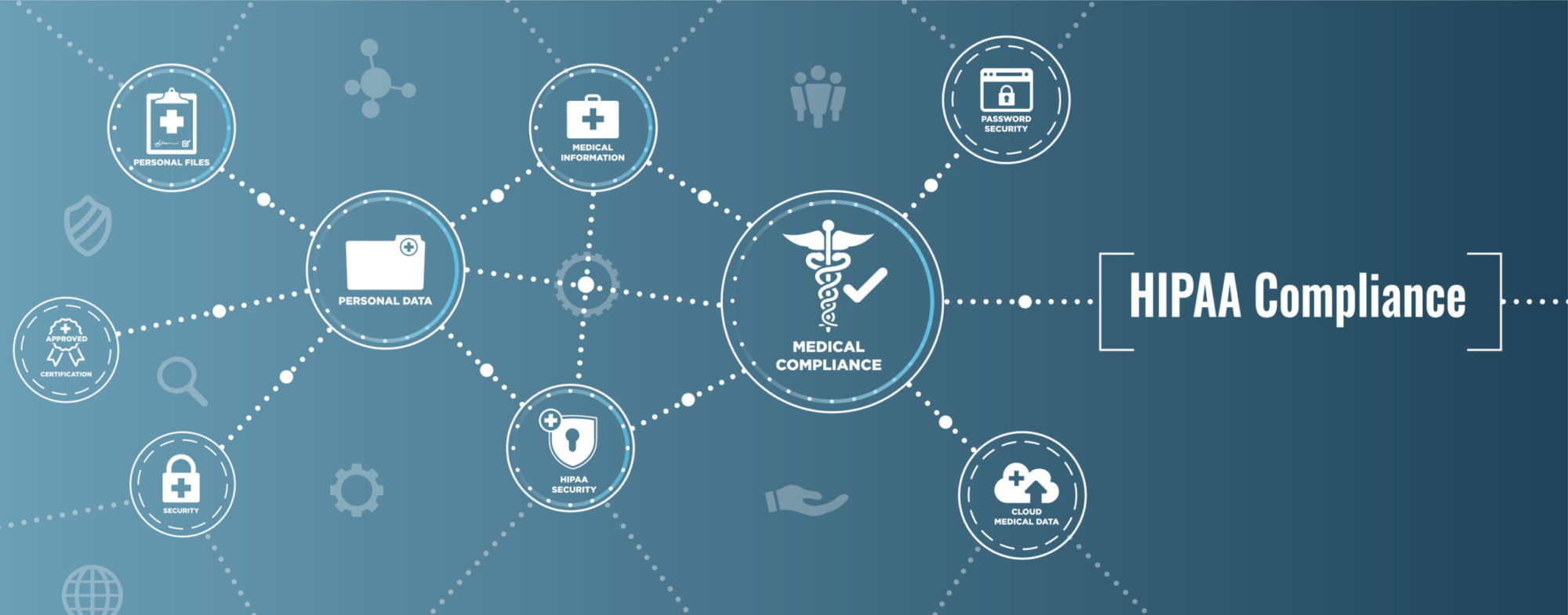A crucial aspect of managing any organization’s data lies in the hands of a data custodian—the individual or entity responsible for overseeing the maintenance and protection of vital information. In this article, we’ll explore the realm of custodial records, risks associated with custodial services, and effective solutions for ensuring data security.
Navigating Records Retention Laws
Navigating the various state-specific laws for records retention can be challenging. Some states offer detailed retention guidelines while others provide minimal guidance, resulting in confusion for organizations. Engaging the services of a professional custodian specializing in custodial records security proves beneficial, as they navigate the intricacies of each state’s policies, offering compliant guidance for your records retention.
Mitigating Risks with Custodial Services
Utilizing custodial services comes with potential risks, including fraud and operational errors. Fraud may involve intentional theft of assets or engaging in deceptive activities by individuals with access to records. Operational errors, such as incorrect record-keeping or settlement errors, can also pose threats. Employing a professional custodian reduces these risks, ensuring a secure and compliant approach to medical records retention.
Effective Solutions for Custodial Record Retention
Amidst inevitable changes like practice closures or transitions, proper handling and maintenance of custodial records become paramount. Key practices include:
- Storage: Both client/patient and business records must be stored securely, adhering to local and federal requirements. Protection against intrusion, fire, water, and other potential threats is essential for both paper and digital records.
- Release: Swift and authorized release of client/patient records is crucial, allowing clients or patients the freedom to obtain and transfer their records seamlessly to other healthcare providers.
- Destruction: Custodians must follow retention periods and securely destroy information, rendering it unrecoverable and unreadable, mitigating future risks.
- Technicians: The strength of a records custodian lies in its personnel. Hiring, training, and keeping staff current with internal expectations and legal requirements is vital for maintaining security and professionalism.
Selecting a Custodian
When considering a custodian for your medical practice or business records, security, reputation, and fees should be your top priorities. Security is paramount for legal compliance and client/patient privacy protection. Researching the custodial organization’s reputation provides confidence in their ability to meet record and retention needs. And while fees are an important factor, neither security nor reputation should be compromised. Striking the right balance ensures you find a records custodian that aligns with your organization’s needs.
In the dynamic landscape of custodial records, navigating compliance and best practices is crucial for any organization. Understanding the nuances of records retention laws and mitigating risks associated with custodial services, implementing effective solutions, and carefully selecting a custodian contribute to a secure and compliant data environment. Cariend stands as a reliable partner in this journey, ensuring the safeguarding of custodial records with professionalism and adherence to privacy laws.
Cariend, a secure records custodian, offers secure retrieval of records and high-level security, adhering to all state and federal privacy laws, including HIPAA. With a proven track record of providing compliant custodial practices, Cariend invites you to reach out at 855-516-0612 or complete the form on our Contact page with any inquiries.











Comments (0)